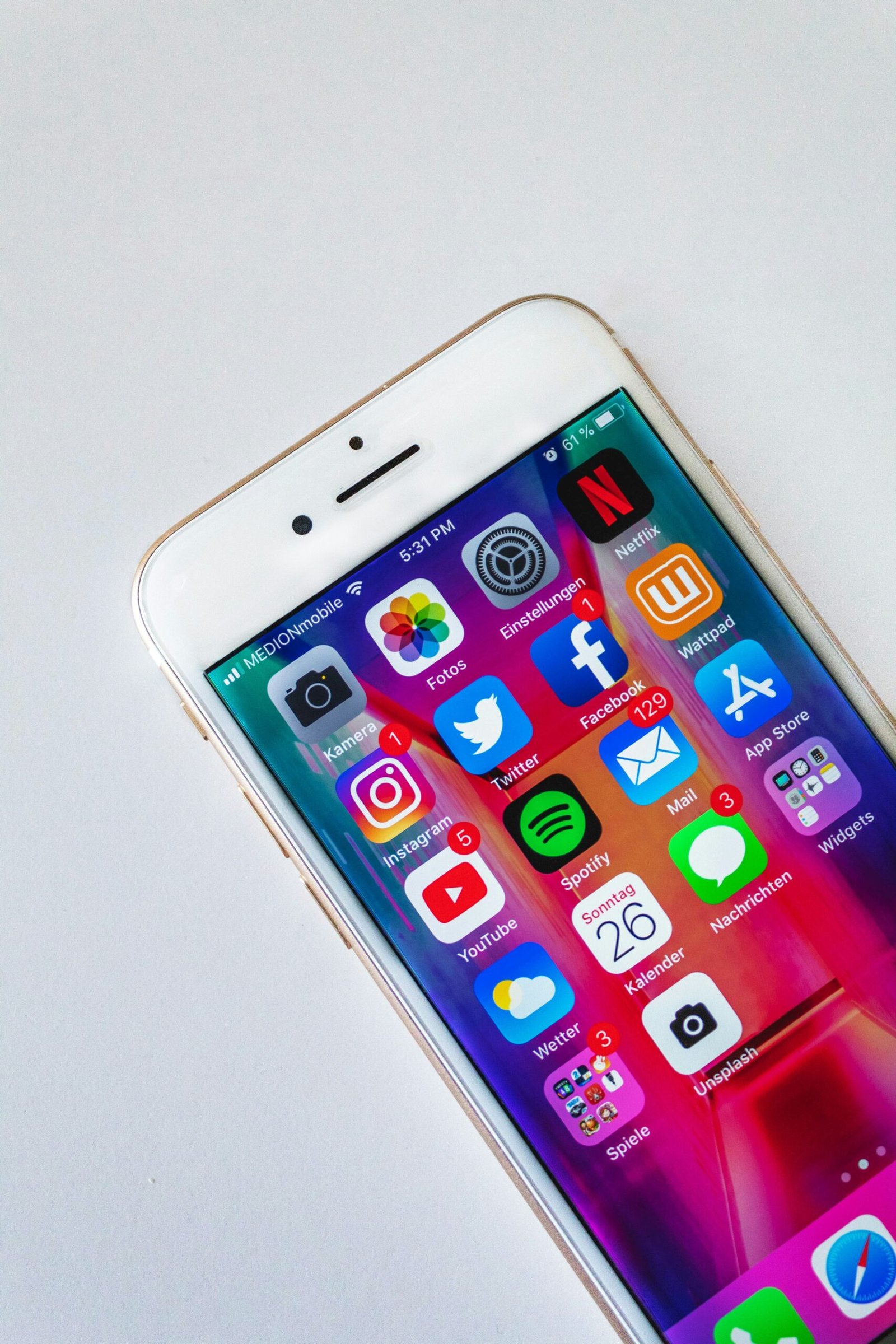A Powerful Marketing Tool for Beauty Products Online
In today’s digital age, the beauty industry has witnessed a significant shift towards online marketing. With the rise of e-commerce platforms and social media, beauty brands are now able to reach a wider audience and promote their products in ways that were not possible before. Online marketing has become a powerful tool for beauty products, allowing brands to showcase their offerings, engage with customers, and drive sales. In this blog post, we will explore the various ways in which online marketing has become a game-changer for the beauty industry.
The Power of Social Media
Social media platforms such as Instagram, Facebook, and YouTube have revolutionized the way beauty products are marketed. Influencers and beauty enthusiasts now have the ability to create content and share their experiences with millions of followers. This has opened up new avenues for beauty brands to collaborate with influencers and leverage their reach to promote their products.
Through visually appealing images, videos, and tutorials, beauty brands can showcase their products in action. They can demonstrate how to use their products, highlight their unique features, and create a desire among consumers to try them out. Social media platforms also allow brands to engage with their audience directly through comments, likes, and shares, fostering a sense of community and loyalty.
Search Engine Optimization (SEO)
Search Engine Optimization (SEO) plays a crucial role in ensuring that beauty products are discoverable online. By optimizing their websites and product pages for relevant keywords, beauty brands can improve their visibility in search engine results. This means that when consumers search for specific beauty products, the brands that have implemented effective SEO strategies are more likely to appear at the top of the search results.
Effective SEO involves conducting keyword research to identify the terms and phrases that potential customers are using to search for beauty products. By incorporating these keywords naturally into their website content, meta tags, and product descriptions, brands can increase their chances of ranking higher in search engine results.
Email Marketing Campaigns
Email marketing is another powerful tool for promoting beauty products online. By building an email list of interested customers, beauty brands can send targeted campaigns to promote new product launches, exclusive discounts, and special offers. Email marketing allows brands to reach their audience directly and create personalized messages that resonate with their customers.
Through email marketing, beauty brands can also nurture customer relationships by providing valuable content such as beauty tips, tutorials, and product recommendations. By staying in touch with their customers through regular emails, brands can build trust and loyalty, leading to repeat purchases and brand advocacy.
Content Marketing and Blogging
Content marketing and blogging have become integral parts of online marketing for beauty products. By creating high-quality and informative content, beauty brands can establish themselves as industry experts and provide value to their customers. This can be in the form of blog posts, articles, how-to guides, and product reviews.
Through content marketing, beauty brands can educate their audience about the benefits of their products, share beauty tips and trends, and address common skincare or makeup concerns. By consistently producing valuable content, brands can attract organic traffic to their websites, increase brand awareness, and position themselves as trusted authorities in the beauty industry.
User-Generated Content
User-generated content has become a powerful marketing tool for beauty brands. By encouraging customers to share their experiences with their products on social media, brands can leverage the authenticity and trust that comes with user-generated content. Consumers are more likely to trust the recommendations and reviews of their peers, making user-generated content an effective way to build credibility and drive sales.
Brands can incentivize customers to create user-generated content by running contests, offering discounts, or featuring their content on their official social media accounts or websites. This not only helps in promoting the brand but also creates a sense of community and engagement among customers.
Conclusion
Online marketing has become a powerful tool for beauty products, offering endless opportunities for brands to promote their offerings and connect with their target audience. Through social media, SEO, email marketing, content marketing, and user-generated content, beauty brands can create a strong online presence, drive sales, and build lasting relationships with their customers. As the beauty industry continues to evolve, it is essential for brands to embrace the power of online marketing and leverage its potential to stay ahead in the competitive landscape.







